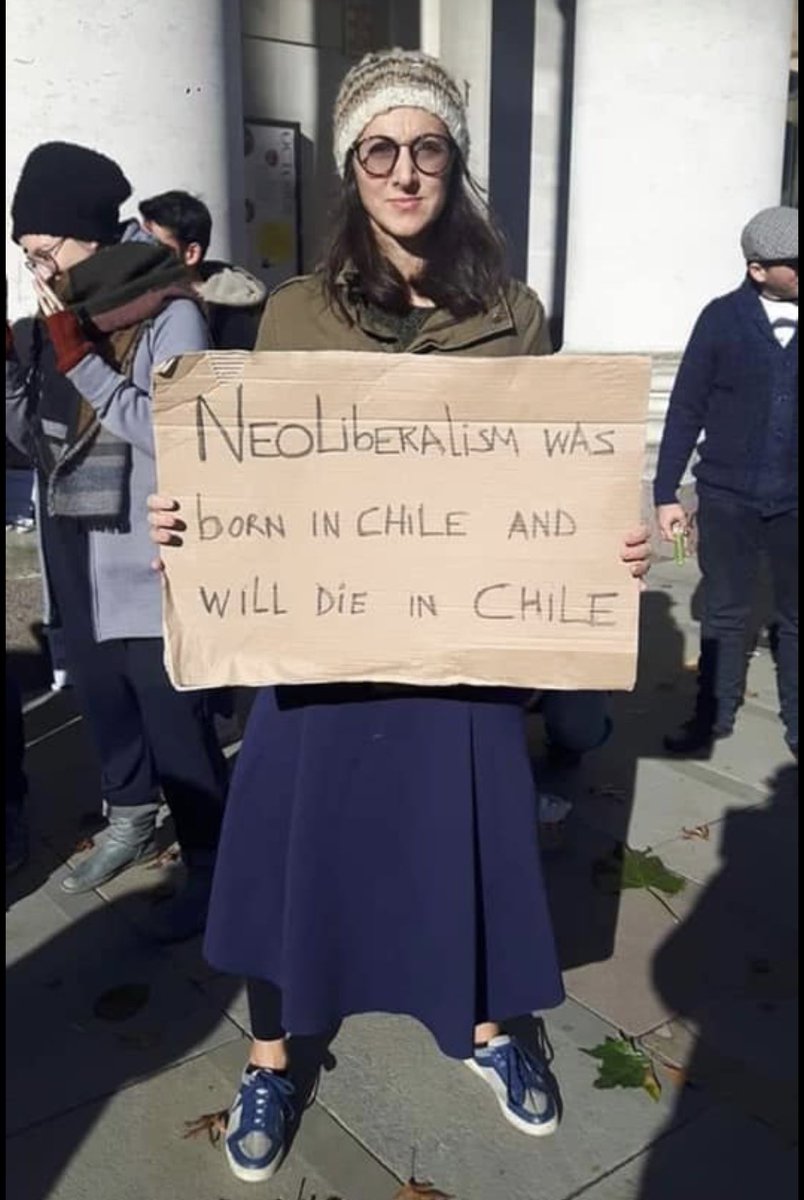WATCH: Chile Today (and vid)
https://twitter.com/BenjaminNorton/status/1185710141552893952
"This is a video from Chile today, where the right-wing regime imposed a state of emergency and deployed huge armored vehicles and soldiers to repress anti-austerity protesters. This is a close US [Canadian] ally. But it's not Venezuela - so you likely won't hear about it."
PERFECT
https://twitter.com/6junej/status/1185845079434510342
'WE Are Not Left Or Right, WE Are Those On The Bottom Coming For Those On The Top!'
Class War: State of Emergency in Chile
https://twitter.com/hashtag/Chile?src=hash







